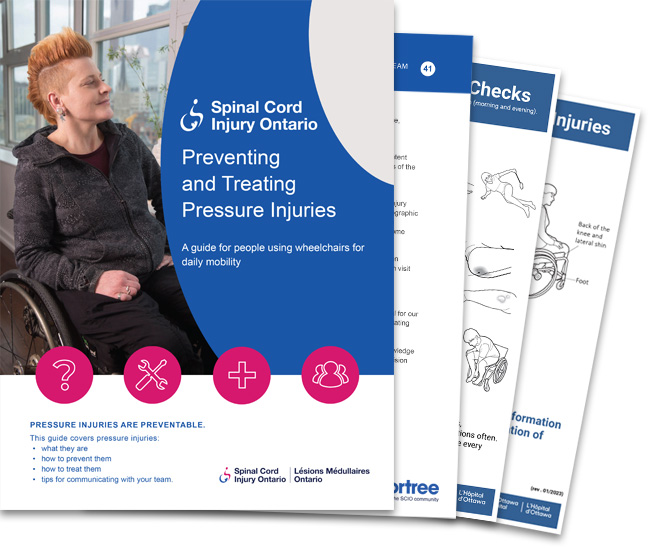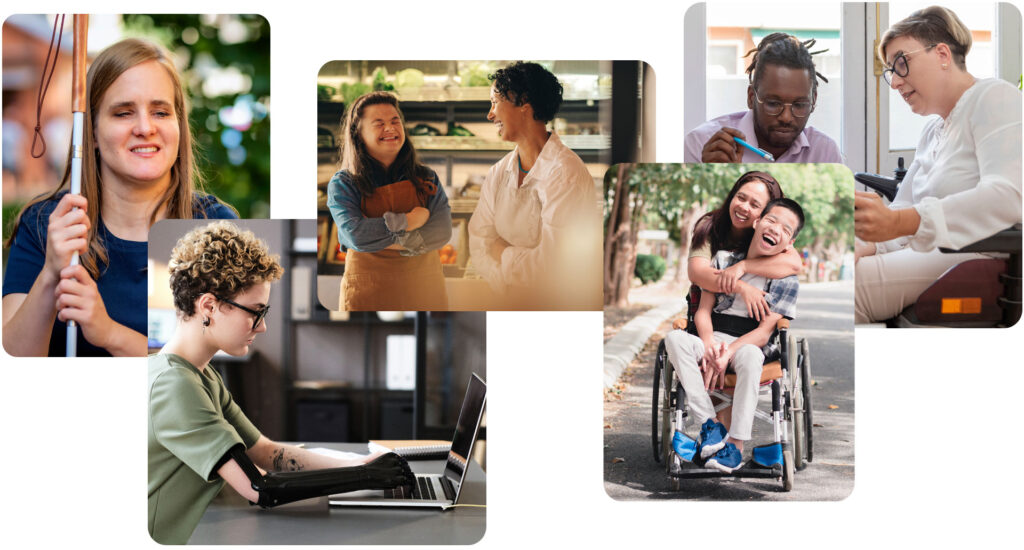Today, we talk about disability at work in terms of accessibility, mental health, and entrepreneurship. In this episode of Underestimated, Tory discusses the topic of disability at work & entrepreneurship with Varun. Varun is the founder of Access to Success Organization (ATS labs) – Canada’s first accelerator for accessibility startups. He talks about how he supports future leaders with disabilities, as well as, innovation around accessibility and mental health.
For people with disabilities who want to enter the job market on their own terms, entrepreneurship and self-employment can be a beneficial and practical choice. Around 70% of people with disabilities desire to work, and if they can improve their skills and have access to cash, thousands of them may become entrepreneurs. In order to turn their entrepreneurial ideas into genuine, sustainable firms, potential entrepreneurs with disabilities require resources, assets, and assistance.
Almost half of working-age adults are employed. This figure, however, should be greater. Many more people could join their ranks if they were given the proper backing. If you have a disability, you may be concerned that it may limit your job opportunities or prevent you from finding work. However, there is plenty of assistance, support, and training available to assist you in finding work. Government-backed programs can help, and public awareness campaigns are fighting prejudices about people with disabilities to ensure that everyone has a fair chance at finding job.
Understand your legal rights. You have a right to equality, justice, respect, and understanding at work, regardless of your physical or learning disability. Employees with disabilities Job seekers are legally protected against discrimination. When it comes to recruiting, promotion, and remuneration, you have a legal right to equal treatment. Employers are also required to make their workplaces accessible to you. The belief that hiring a person with a disability would necessitate incredibly expensive accommodations, or simply that a person with an injury or illness would not be as productive or reliable as other employees, contributes to the disproportionately high rates of unemployment among people with disabilities in the workplace.
Even in the face of such institutional and ideological barriers, people with disabilities are increasingly thriving in the world, volunteering, engaging, and enjoying full lives. Regardless of who you are or whether you have a disability, finding involvement and purpose is critical to overcoming isolation and combating depression. After all, we all want to feel needed. And the greatest way to avoid loneliness is to avoid being alone – to get out and about even if you don’t want to. Interacting with people and animals is a great way to get out of your head, out of your funk, and back into the real world.
If you enjoyed this video where we talk about disability at work and founders with disabilities, in terms of accessibility, mental health, and entrepreneurship, please remember to like, share, subscribe and leave a comment if you have any questions, suggestions, or feedback. We hope to see you here again soon!





